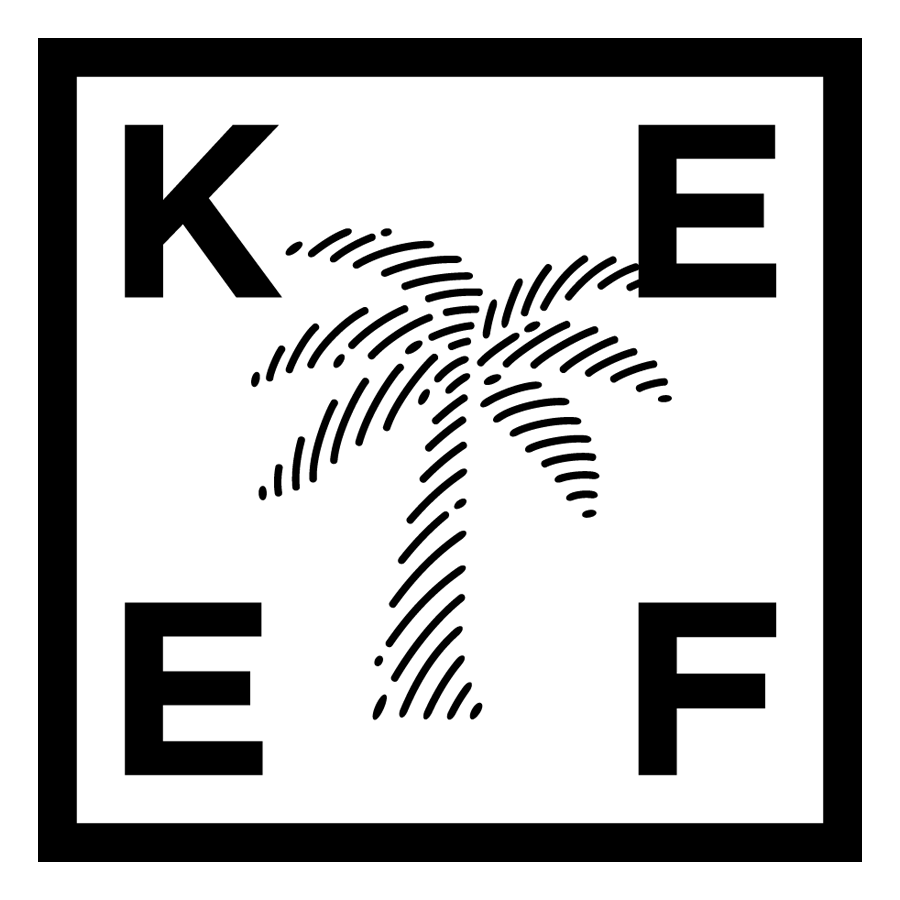What is the difference between Lyocell, Tencel, Rayon and Viscose?
A guide to the different types of cellulose fabrics.
Image courtesy of tencel.com
What are Lyocell, Tencel, Rayon and Viscose fabrics?
Lyocell, Tencel, Rayon and Viscose are all fabrics that derive from a similar manufacturing process. These textiles are produced by dissolving organic pulp (like bark, wood, leaves and other plant-based materials) to create cellulose fibers, which is spun into thread and then woven into fabric. These fabrics are commonly used to make textiles for the clothing industry. The famous Aloha Shirts (Hawaiian floral print shirts), popularized in the 80s were at the time mostly made of rayon.
What is the difference between Lyocell, Tencel, Rayon and Viscose?
Essentially they are offsets of the same manufacturing process that has evolved over time. Below, we have highlighted the key differences between Lyocell, Tencel, Rayon and Viscose so you can make more informed decisions when choosing your clothing.
1980’s Rayon Aloha Shirt
The origins of cellulose fibers
In 1884 Count Hilaire de Chardonnet, a French engineer and industrialist, who is sometimes referred to as the 'father of rayon', developed one of the original methods of rayon production. Chardonnet called his product the "Chardonnet silk" (soie de Chardonnet), but his material was extremely flammable. Ultimately, a variety of safer and more practical manufacturing processes were developed, which is why there are many different names for cellulose fiber derived textiles.
Lyocell is said to have been first developed in 1972 by American Enka Company based out of North Carolina. Then in the 1980s Lyocell fibers were first manufactured as Tencel™ by Courtaulds Fibers, a UK based company. In 2000, Lenzing AG, an Austrian company acquired the rights and started producing the fibers under the brand name Tencel™ Lyocell. (wikipidia, ScienceDirect).
Rayon and Viscose
Viscose is a form of Rayon material that can imitate the look and feel of other materials, including cotton, polyester, silk, wool or even linen. Rayon and Viscose come from very similar processes that are useful to describe how cellulose based fabrics are manufactured. These fabrics are made from natural sources of cellulose, such as wood and other plant-based materials however, manufacturing Viscose and Rayon sometimes involves the heavy use of neurotoxic chemicals, which can be very bad for workers health and detrimental to the environment if not handled properly. Because of the chemical process used to break down the fibers, Rayon and Viscose often referred to as synthetic or semi-synthetic fibers. However, this manufacturing process is very cheap, which makes rayon a less expensive alternative to silk and other natural fibers, which is one of the main reasons why Viscose and Rayon are generally the most common cellulose based textiles found on the market these days.
Rayon & Rayon:
Uses harmful chemicals
Dangerous for workers
Bad for the environment
Slow to decompose
Tencel Lyocell
The development of Lyocell textiles was motivated by researchers who sought to manufacture an environmentally friendly form rayon. Lyocell is also produced using plant based cellulose fibers, but unlike Rayon and Viscose, the Lyocell production process involves a closed-loop system, meaning most of the solvent is reused.
Tencel™ Lyocell is a brand of Lyocell fabric that is manufactured using sustainably sourced wood fibers that are processed in a nontoxic organic solvent in the closed-loop Lyocell manufacturing process. According to tencel.com, Tencel™ Lyocell has s 99% solvent recovery and their fabrics are certified as biodegradable and compostable under industrial, home, soil, freshwater, and marine conditions, and can fully revert to nature.
Tencel™ Lyocell:
Closed-loop system
Nontoxic, organic solvent
Sustainably sourced wood
Biodegradable end product
The KEEF Shirt
is made of 100% Tencel™ Lyocell fabric that is printed with non-toxic water-based inks.
KEEF Newsletter
Subscribe to the KEEF Newsletter to receive periodical updates about new product launches, promotions and more.
We respect your privacy. Your information will never be shared without your consent. You may unsubscribe at any time.





